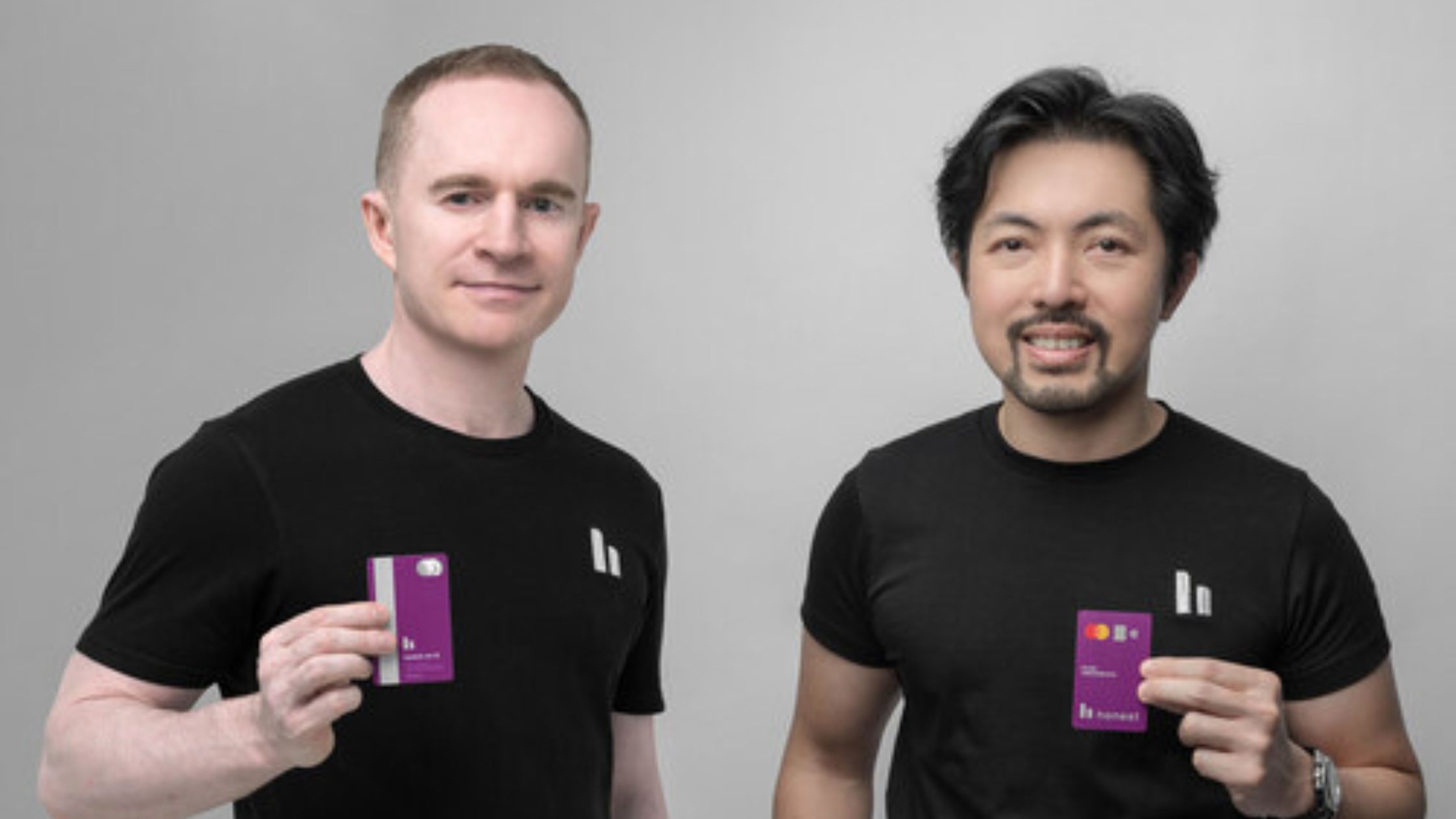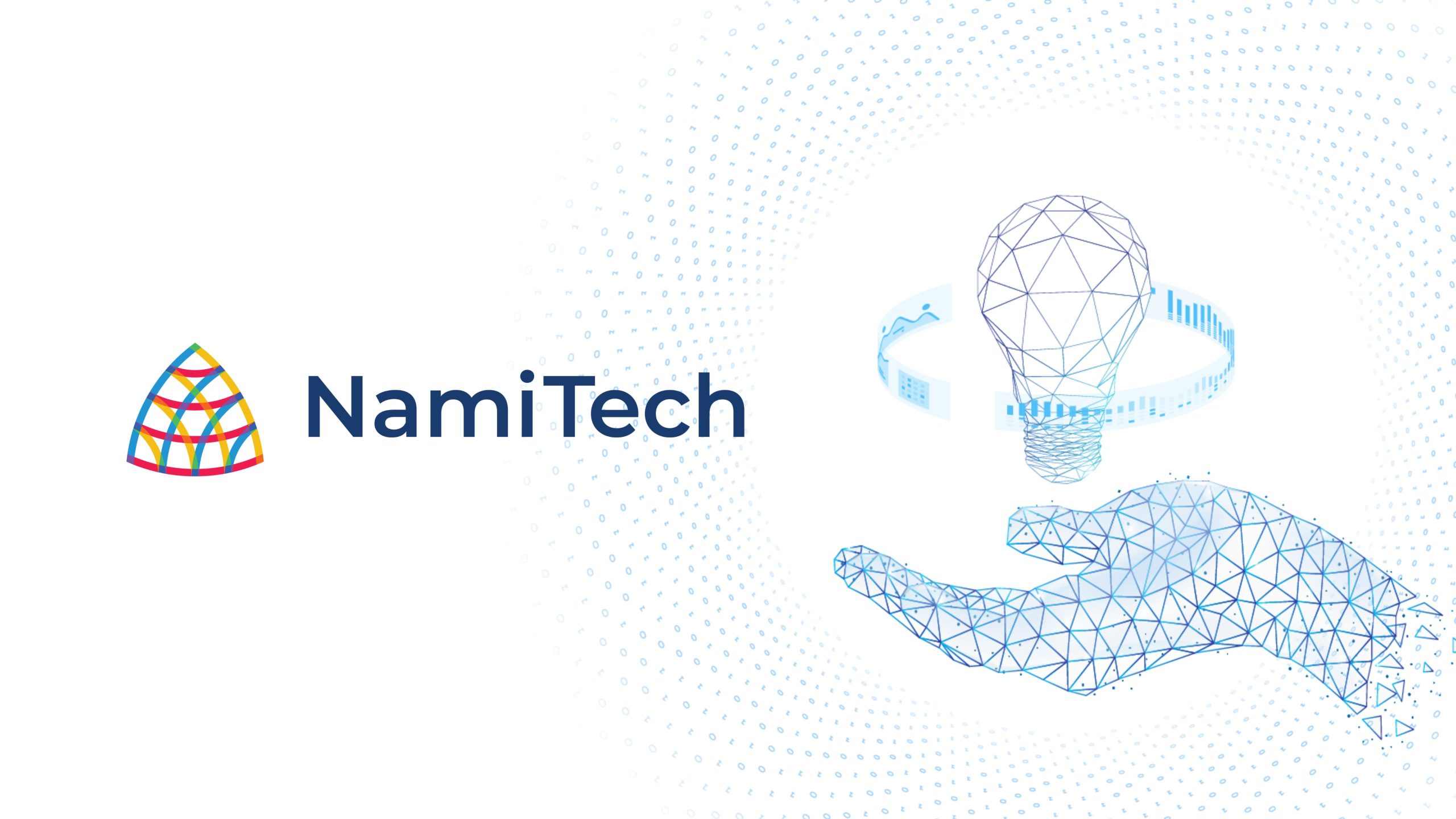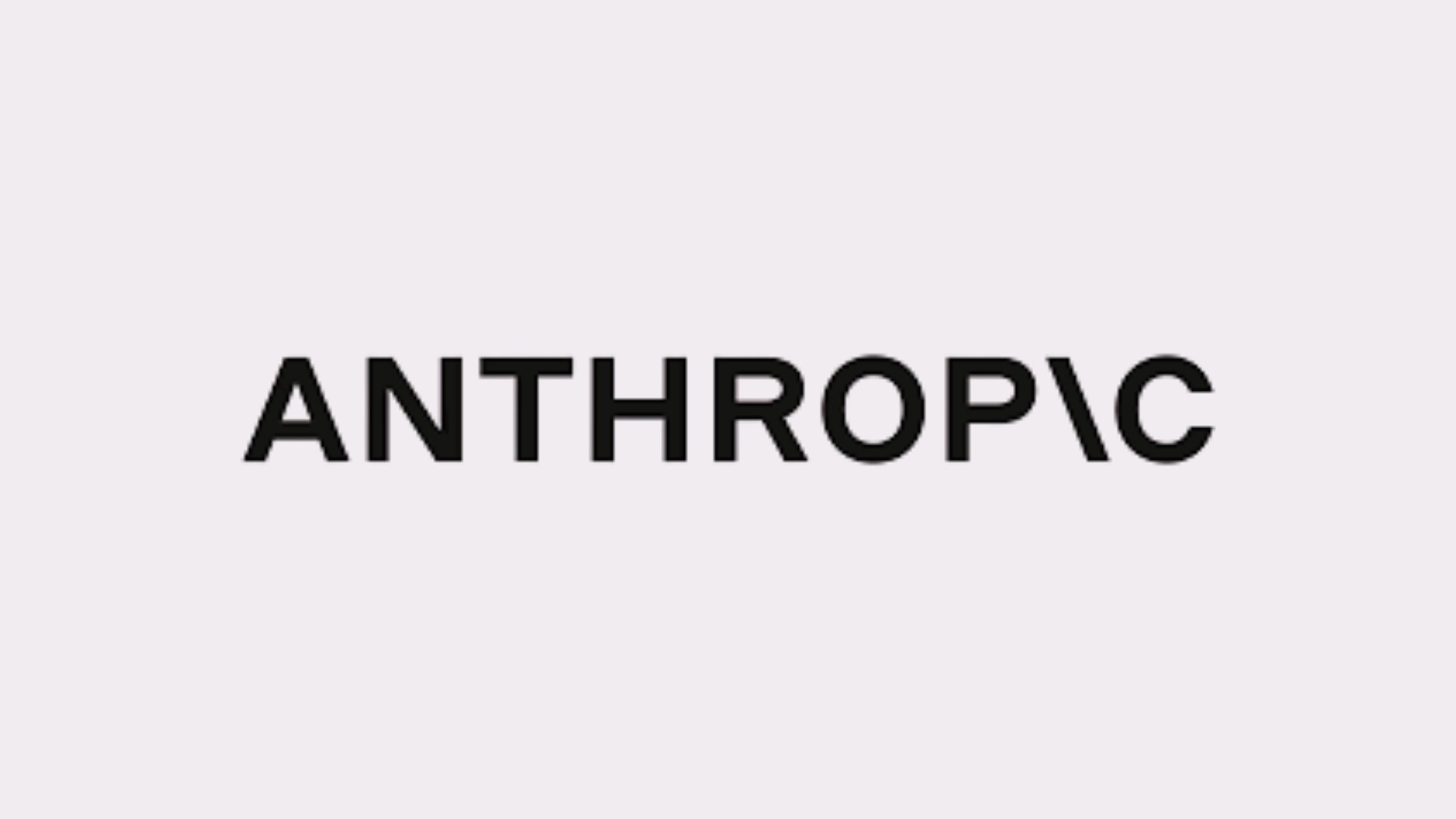AsiaTechDaily – Asia's Leading Tech and Startup Media Platform

Honest’s $140M Boost: Can Indonesia’s Fastest-Growing Credit Card Startup Redefine Consumer Finance?
Backed by global investors and fresh capital, Jakarta-based Honest is betting on speed, digital-first products, and financial inclusion to challenge traditional banks.
Indonesia-based credit card startup Honest has closed an oversubscribed equity round, bringing its total equity funding to US$100 million. The round was led by Japan’s Orico, with renewed participation from Village Global, XYZ Venture Capital, and SV Pacific Ventures, along with new investment from U.S. firm Gilgamesh Ventures.
In addition, Honest secured US$40 million in debt financing from Mizuho Bank, lifting the total new funding to US$140 million. The company plans to use the capital to scale its flagship Honest Card and expand into corporate and co-branded products designed for Asia’s fast-growing financial services market.
Tapping Into an Underserved Market
Despite Indonesia’s population of more than 270 million, fewer than 3% of people hold a credit card. Honest sees this as an opportunity to unlock access to credit for millions of underbanked consumers.
The fintech claims it can launch co-branded cards in weeks and approve over 90% of applicants, a sharp contrast to traditional banks that take years to launch similar products and approve fewer than 5%. By removing long wait times and approval hurdles, Honest aims to be a genuine challenger to incumbents.
Global Backing and Strategic Value
Honest’s rise is supported by a strong group of investors who bring not only capital but also strategic expertise.
- Orico, one of Japan’s leading credit card companies under the Mizuho Financial Group, described Indonesia as a market with immense growth potential and expressed its commitment to backing Honest as a long-term strategic partner.
- XYZ Venture Capital’s managing partner Ross Fubini, who will join Honest’s board, described the company as “the first truly digital credit card in the region that customers are genuinely excited about.”
- Other backers include Village Global, Goodwater, Rakuten, GMO, and Nubank’s founder David Vélez, signaling strong confidence from both venture capital and payments leaders.
This investor mix provides Honest with a blend of global fintech know-how and local market insight, strengthening its path to scale.
Building an Edge
Established in 2023 by Peter Panas, a former Goldman Sachs executive who led product development for Apple Card, and Will Ongkowidjaja, co-founder of venture capital firm Alpha JWC, Honest was built from day one as a fully digital credit card platform.
A key differentiator is its credit card license, secured through the acquisition of GE Finance Indonesia in 2022. Unlike most fintech startups that must partner with banks, Honest can issaue cards directly, giving it more control over product innovation and customer experience.
The company has drawn inspiration from digital-first success stories like Nubank, Ramp, and Imprint, but is tailoring its model to Asia, where credit adoption is still in its early stages.
Indonesia’s Fintech Race
Honest’s rapid ascent highlights the growing competition in Indonesia’s financial technology market. Consumer demand for digital credit solutions is accelerating with smartphone penetration and the boom in online commerce.
Other players are also entering the space. Recently, Skor Technologies, another Indonesian credit card startup, raised US$6.2 million in pre-Series A funding, underscoring the growing investor interest in credit-focused fintechs.
With its larger war chest and regulatory advantage, Honest is positioning itself to set the benchmark for digital credit innovation in the region.
Risks and Challenges
While the potential is enormous, Honest faces critical hurdles: maintaining credit quality as it scales approvals, navigating regulatory scrutiny in Indonesia’s cautious financial sector, and defending against both local startups and established banks seeking to modernize their offerings.
How Honest balances rapid growth with responsible lending will be a key test of its long-term sustainability.
Betting Big on the Future of Credit
Honest’s US$140 million boost marks more than just a funding milestone—it reflects rising investor conviction in the role of fintech to transform Indonesia’s underbanked economy. Backed by Japanese financial giants, Silicon Valley funds, and fintech veterans, the startup is building the credibility and resources to take on traditional banks.
The big question is whether Honest can replicate the success of Nubank in Brazil, creating a loyal customer base and potentially going public in the United States before 2030. If it succeeds, Honest could reshape how millions of Indonesians access and use credit, setting the tone for Southeast Asia’s next wave of digital finance.



